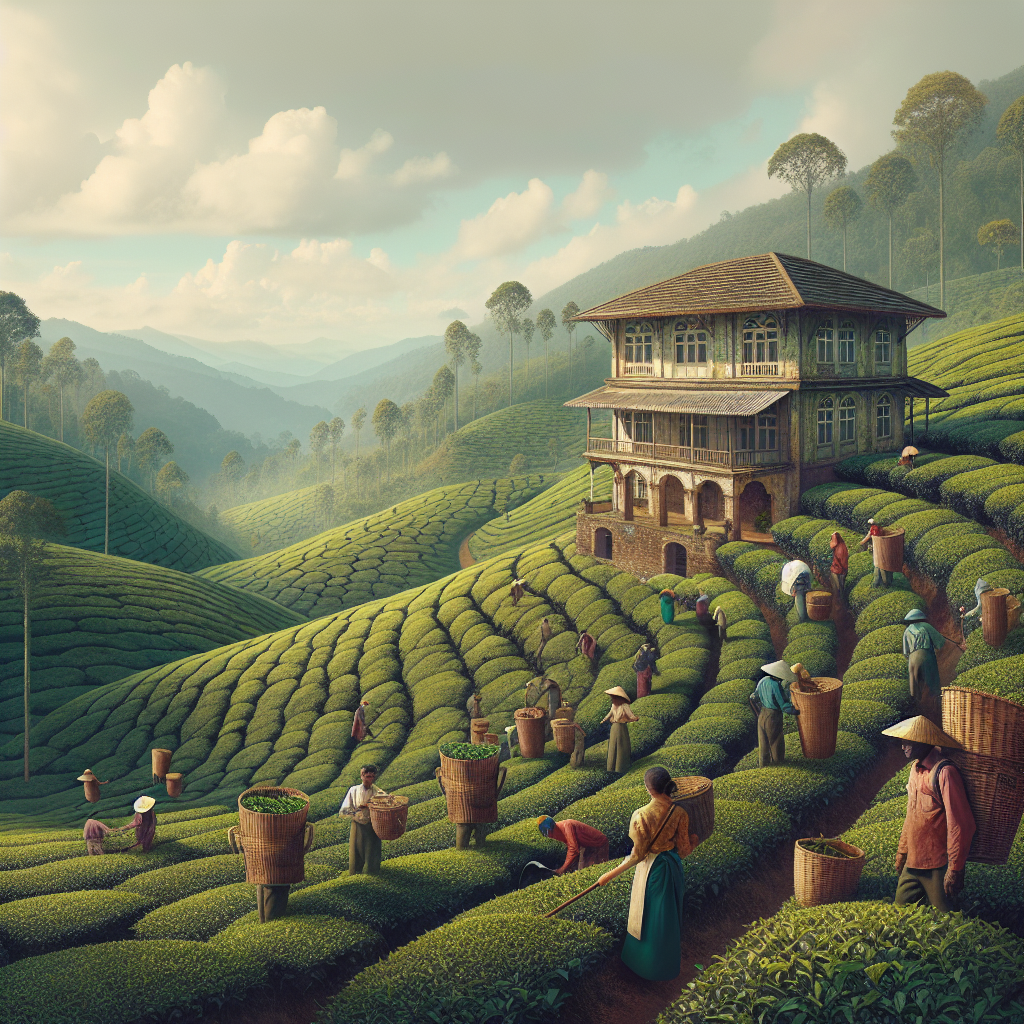Climate Change Casts Shadow Over Tripura's Manu Valley Tea Estate
The Manu Valley tea estate in Tripura is grappling with climate change and labor shortages, causing a decline in tea production over the past three years. The management has shifted focus from green to orthodox tea and is using plucking machines to compensate for absenteeism among workers.

The Manu Valley tea estate in Tripura's Unakoti district has been severely impacted by climate change and a critical shortage of manpower, leading to a noticeable decline in tea production over the last three years, according to an official statement on Tuesday.
The tea estate, which accounts for roughly a quarter of Tripura's annual tea output of 90 lakh kg, has seen its production drop from 24 lakh kg in 2022 to 21 lakh kg by 2024, putting its future into question.
With erratic rainfall patterns affecting crop yields and only a third of its registered workers available, the estate has resorted to mechanized plucking of tea leaves to mitigate the shortage of skilled labor.
(With inputs from agencies.)










